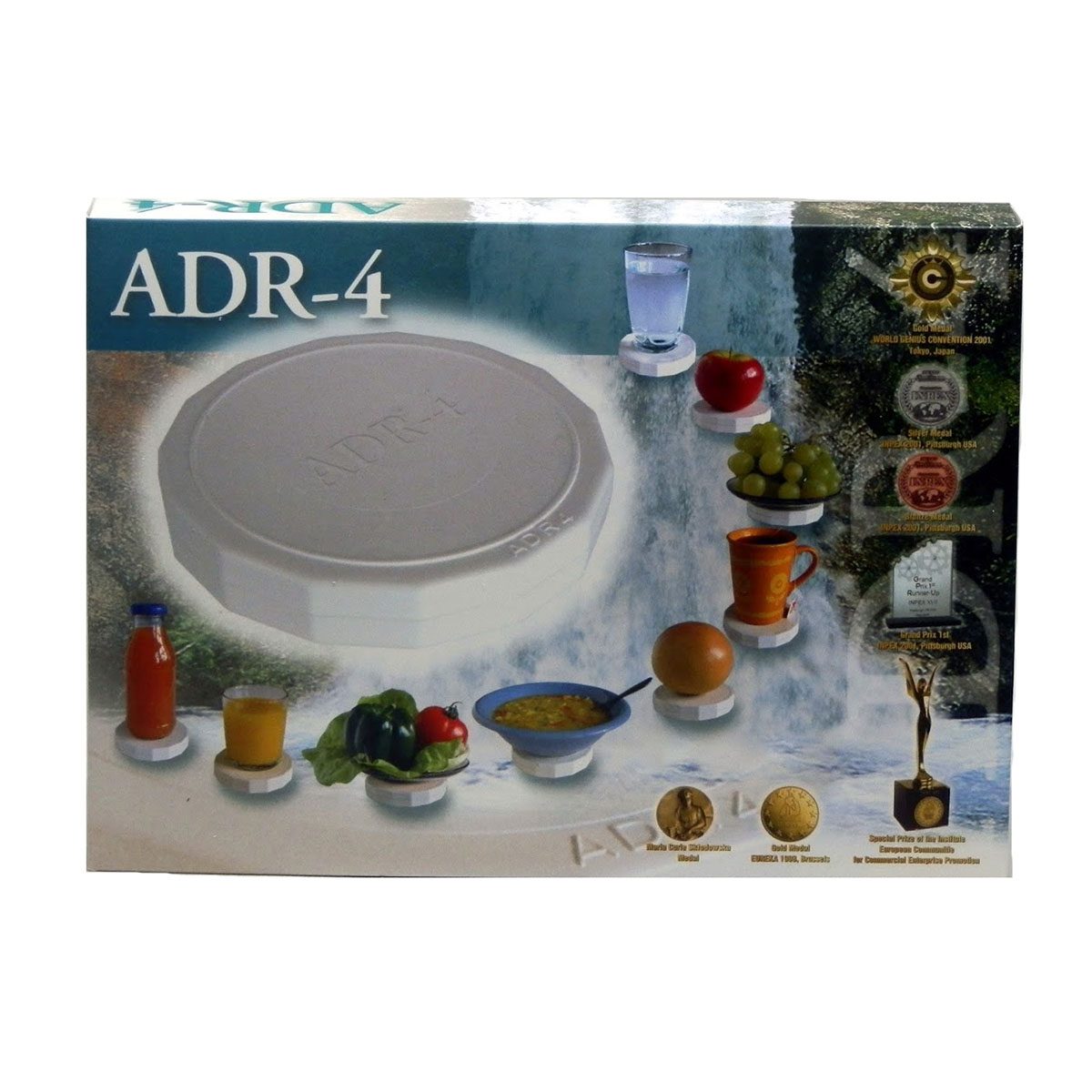No products in the cart.
Microwaving Destroys Nutrients
Microwaving raw broccoli drastically diminishes, and in some cases nearly eliminates, some natural health-promoting chemicals, a new study says. Of particular note in the research was the post-microwaving disappearance of almost all – 97 per cent – of flavonoids. Flavonoids, substances often found in many brightly colored fruits and vegetables, have been linked to a reduced risk of coronary heart disease, stroke and lung cancer. Microwaving reduced other similarly desirable chemicals in broccoli by anywhere from 74 to 87 per cent.
Some of these substances have been associated with slowing the effects of aging, reducing the risk of heart disease and preventing Alzheimer’s, Type 2 diabetes and some cancers. By far the most healthful results were obtained by that staple of French cooking, a simple and quick steaming. The fact that cooking in general breaks down health-promoting chemicals is well known, but all previous studies suggested that microwaving was far from the worst offender in this regard. That title was generally reserved for that staple of English cooking – boiling.
However, the study being released today the Journal of the Science of Food and Agriculture – conducted by a group of Spanish government scientists in Murcia, Spain – found that boiling removed only 66 per cent of flavonoids from fresh raw broccoli, and pressure cooking leached out only 47 per cent. The nearly complete loss of flavonoids in microwaved broccoli shocked the Spanish researchers. “We were surprised by what seemed astonishing results,” said Francisco Tomas-Barberan, a co-author of the new study.
He and his compatriots suggest that microwaving generated unexpectedly high temperatures in the raw broccoli that broke down the disease-fighting chemicals. The way around this, Mr. Tomas-Barberan said, may be “to add a few drops or a few millimeters of water in order to lower the temperature.”
While this could be a solution for the nutritional loss, he and other food chemists acknowledged that adding water could do things to the taste of broccoli that might offend lovers of the billowing green vegetable. Moreover, today’s anomalous finding may present people with a nutritional Pushmepullyou, said Susan Brewer, a professor of food science at the University of Illinois.
She has studied the virtues of microwaving broccoli when it comes to preserving another highly desirable chemical – vitamin C. Her conclusion is that microwaving is much better than the traditional blanching process for people who want to freeze broccoli and other vegetables. “The question you have to ask yourself is: What I can tolerate losing and what do I want to save? The bottom line is that you are never going to optimize everything,” she said.
David Jenkins, director of the Clinical Nutrition and Risk Factor Modification Centre at the Toronto’s St. Michael’s Hospital, said that given the dependence of many two-income families on microwaves, it is important that results be repeated and extended to other foods. “One has to say that at this point we have no idea whether this relates simply to the problems of broccoli microwaved under these conditions and how general the result is. But given the importance of microwaving in today’s food preparation, we hope it is not too general,” he said.







